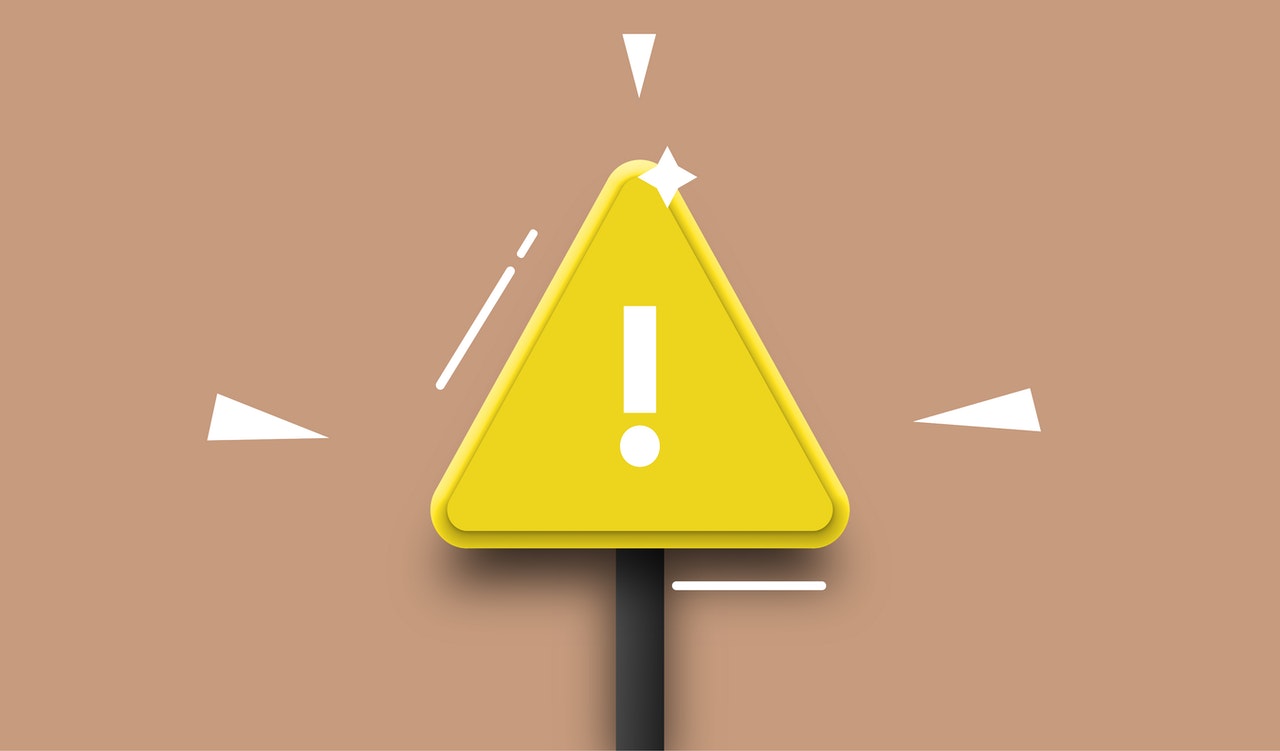Electrical safety is one of the most important aspects of home maintenance. It is always a good idea to take some time and learn about electricity safety tips, especially if you have children or pets at home. In today’s blog spot, we will share 10 safety tips for your home, recommended by expert Residential electrician Milton to help you avoid electrical hazards.
Here are 10 Safety Tips that You Must Follow At All Times
Know the Capacity
It is important to understand the voltage requirement of all your appliances. Never overload an electrical outlet to the point where it becomes damaged or fried; this can cause fire hazards, electric shock and even electrocution! Know the maximum allowed voltage and current for your appliances and lighting fixtures. If you have new additions or renovations, be sure to consult a commercial electrician about what’s safe for them to operate at.
Don’t Use Extension Cord for Large Appliances
Using extension cords to power large appliances is another common electrical mistake by homeowners. Extension cords are not designed to carry the power load of a refrigerator or television, so they can overheat, leading to a fire. That’s why you should never use an extension cord for anything other than the appliance that it’s intended for. Equip your home with a dedicated circuit breaker for each appliance so that you can use that instead of an extension cord.
Keep Electrical Devices and Outlets Away from Water
You should not place any electrical appliance and outlets near, on or within 3 feet of any water source. It includes sinks, baths, showers, faucets and other plumbing fixtures. If you have a pool, use ground fault circuit interrupters (GFCIs) to protect you and your family. GFCIs protect against shock when someone comes in contact with water or wet surfaces, such as a sink or bathtub. They can also protect against shocks from short circuits caused by extension cords.
Unplug Appliances When Not in Use
Electrical safety is a big part of home maintenance, and unplugging appliances when not in use is one of the most important electrical safety tips every homeowner should know. While it might seem obvious, unplugging unused appliances is an easy way to prevent fires and electrical shorts. This includes TVs, VCRs and other electronics prone to damage by power surges. In addition to keeping children safe around appliances, unplugging unused appliances will also help prevent fires caused by overloading circuits with electricity. The Fire Protection Association Australia recommends that you remove all plugs and covers when appliances are not in use for at least 30 minutes.
Always Have a Smoke Alarm
A smoke alarm will keep you safe from fires caused by faulty wiring or other dangerous situations in your home. The smoke alarm should be in every room of your house (including stairwells and hallways) that has an electrical outlet or if it connects to a power strip. This helps detect potential fires before they become too large and dangerous for everyone in the house.
Always Follow Appliance Instructions
You must read and follow the instructions when operating any electrical appliance, such as a microwave or toaster, or when using any electrical device, such as an alarm clock or phone charger. If the appliance has a warning label, make sure you understand it before using it.
Replace or Repair Damaged Electrical Cords
If an appliance needs replacing or repairing because of damaged wiring, don’t wait until it’s too late! The longer you wait, the more damage can occur, especially if you’re using a portable appliance that can be placed near metal objects such as metal pipes, sprinklers or water lines. Make sure that all electrical cords are in good working order before using any appliances that require them.
Routine Electrical Inspections
It’s important to have routine electrical inspections on your home’s electricity system. It will help ensure that everything is working properly and that there are no issues with your wiring. Residential electricians can also check for hidden dangers, such as exposed wiring that could be damaged by weathering or age.
Proper Space for Air Circulation
Appliances generate heat when they’re in use, which needs to be dissipated by room air circulation systems. When appliances don’t receive proper ventilation, this excess heat can cause fires or even explosions! Give your appliances enough space around them so air can circulate freely around the unit without trapping inside. More air circulating an appliance means less chance of overheating and burning it out.
Avoid Overloading
It’s important to understand that electrical circuits are designed to carry a certain amount of current and, when overloaded, will burn out. Oftentimes, circuit overload results from installing too many appliances and/or devices on a single circuit. If you’re using two-pronged plugs in a three-pronged outlet, always use the middle ground prong,and it will eliminate any potential for overloading.
Wrapping Up
That concludes the list of 10 electricity safety tips that every homeowner should know. We recommend taking a closer look at the safety tips above, especially if you’re in the process of planning or completing home upgrades related to your electrical system. It will help you reduce the risk of injury and ensure your electrical system is functioning properly and safely.
We hope this article helped you learn more about home electrical wiring and the devices attached to it. It’s always a good time to check your electrical devices and appliances for anything wrong to ensure optimum safety. However, if you ever feel unsafe around your power lines, don’t hesitate to call the best electrician in Dandenong.

